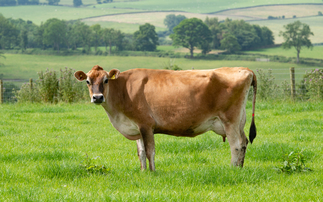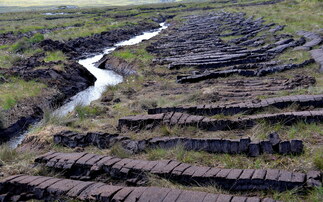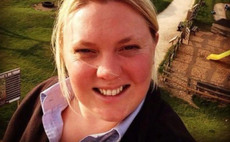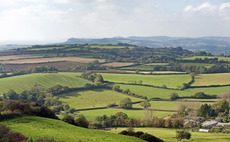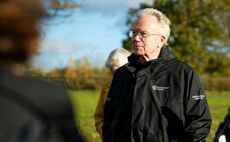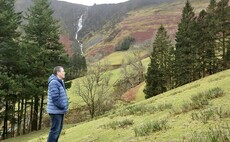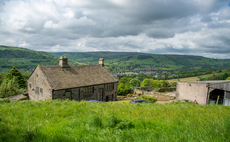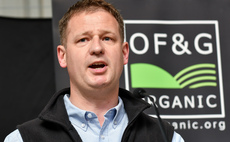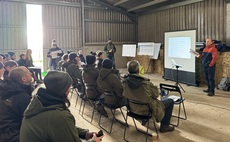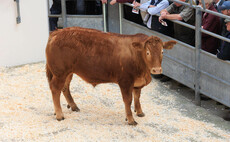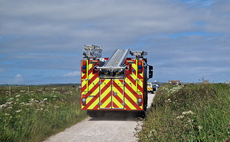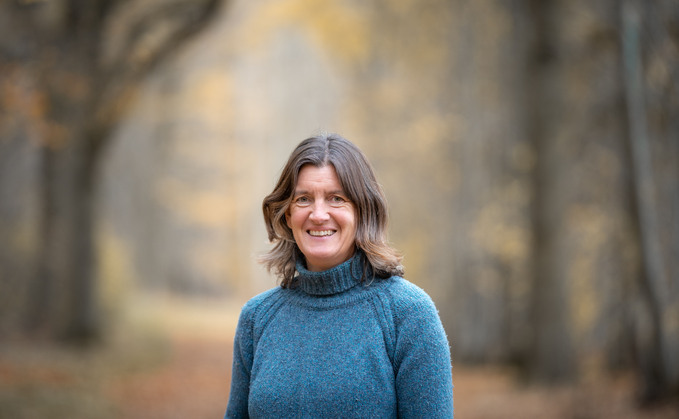
Rosie Pearson - Planning and environmental campaigner
We import around 40 per cent of our food. Food production overseas will be ever more greatly affected by climate change, just as the food we grow at home is. Look only at the farmland flooded by Storm Babet, much of which will have to be resown.
Technically, best and most versatile farmland should be avoided when developments are proposed. However, in reality planners argue that if there is plenty of good farmland in their district, it does not matter if some is lost. In addition, it is often decided that the benefits of a development outweigh the harms (the loss of good farmland). No-one is totting up the cumulative loss of best land.
Here in East Anglia, land owners are facing a slicing up of their farms along a 112-mile proposed pylon project (and there's a similar proposal across Lincolnshire and Hertfordshire). All of this is good arable land.
The project is part of the so-called ‘Great Grid Upgrade' and in our region causes wholly unnecessary grief for farmers. Unnecessary, because there is a much better option - an offshore grid.
For most of the proposed pylons route, across Norfolk, Suffolk and Essex, there will 550 pylons, each 50 metres high. For farmers this will mean disruption before the pylons are built and when they are in place.
In the pre-construction phase the farmers have to allow surveys of their land, some of these, ‘intrusive', involving the digging of large boreholes.
During construction, landowners will see wholescale destruction of farmland and trees and hedgerows (many in environmental schemes) as access roads are built.
Irreversible damage
A further swathe will be cleared so that the cables can be dragged along before being strung from pylon to pylon. Soils will be irreversibly compacted, or topsoils removed.
Once the pylons are in place, imagine the difficulties of trying to manoeuvre a crop-sprayer or combine harvester around these monstrosities.
Along a short section of the route, in the Dedham Vale Area of Outstanding Natural Beauty, the lines are to be undergrounded.
This is almost as bad for food production. It requires a trench 120 metres wide to be dug.
The ground needs to be left without tree cover, because in forty yeas time the cables will need to be replaced. Any topsoil replaced will be of a lower quality than before.
Food security does not feature in the debate about how to best achieve the Great Grid Upgrade. It should.
In our situation there have, in fact, been several independent studies which demonstrate that keeping the wind power offshore, in an integrated offshore grid, is a cheaper, better and faster way of doing things, with zero impact on the farmers who work so hard to produce our food.
Food is just as important as electricity and must be higher up the agenda.








